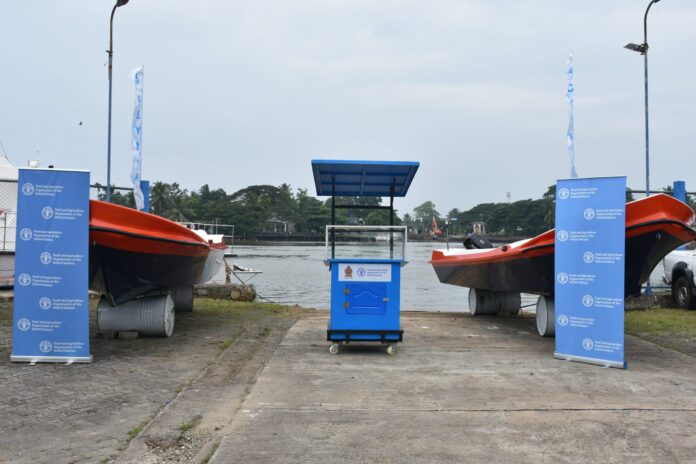[ad_1]
ECONOMYNEXT – There are indications of a growing mismatch between recruitment of Sri Lankan workers (supply) and global job vacancies (demand) in foreign employment, with increasing supply shortages – especially for skilled jobs, a World Bank report shows.
“You have overseas workers that are sending remittances to Sri Lanka; however there is a difference in their skills,” Shobana Sosale co-author of the World Bank report, ‘Enhancing Skills in Sri Lanka for Inclusion, Recovery, and Resilience’, said at its launch this week.
“Job vacancies for foreign employment have been stable. Yet supply has been falling faster than demand,” according to the report, which cites government-registered sources.
“The mismatch exists across all skill levels and has been growing evenly over the years, but it is much higher for skilled workers, for whom only 10 percent of job vacancies were filled in 2022, up from 5 percent in 2020 and 2021.”
According to the report’s findings, only 5 per cent of 700,000 foreign vacancies available could be filled. “Few workers enter the job market with appropriate skills training.
Housemaids were in greater supply, with approximately 17 percent in 2020 and 11 percent in 2021.
Sri Lanka has been promoting migrant workers who are a major source of forex for the cash-strapped country.
The national foreign employment policy does focus on investing in a skilled workforce, to wean itself from dependence on remittances from low-skilled workers, through vocational and professional training.
“The Foreign Employment Bureau advices all workers to receive NVQ through the recognition of prior learning route or by attending training courses at a training institute,” the World Bank report pointed out.
“This approach is to ensure that workers have qualifications of internationally verifiable standards for their employment in both domestic and high-income countries.”
To become globally competitive, Sri Lanka’s workforce must gain the technical competencies and higher-order cognitive skills needed in domestic and foreign labor markets. (Colombo/Dec14/2023)
[ad_2]
Source link


